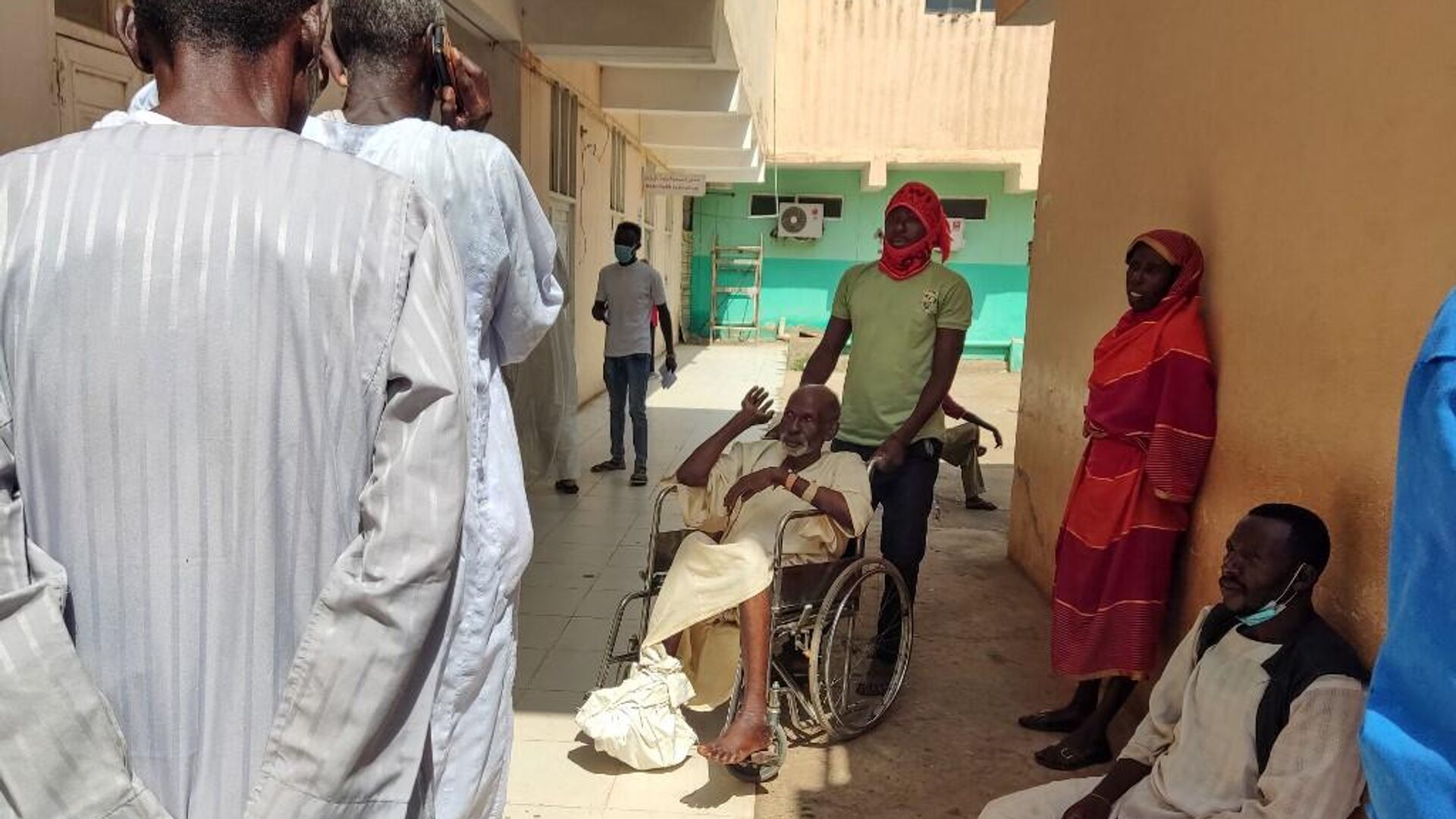
A deadly cholera outbreak has gripped Khartoum, Sudan’s war-torn capital, following a wave of drone attacks that severed electricity and water supplies.
Over 2,300 cholera cases have been reported in the last three weeks, with 90% concentrated in Khartoum and its outskirts, health officials said Thursday.
At least 51 people have died, with Karari and Jabal Awlia localities facing the highest toll, the health ministry’s emergency operations centre confirmed.
Drone strikes have targeted key infrastructure—power stations, dams, and fuel depots—further crippling already fragile public services.
The ongoing war, now entering its third year, pits the General Abdel Fattah al Burhan-led army against the Rapid Support Forces (RSF).
The United Nations warned that the prolonged blackout has fuelled the spread of cholera, dengue fever, and malaria as sanitation collapses.
“Public services, already under enormous strain, struggled to cope with the compounded challenges brought by prolonged power loss,” the UN said.
As ground fighting intensifies in the western Kordofan and Darfur regions, health systems continue to crumble under the weight of war and disease.
Clashes began in April 2023, after failed efforts to integrate both forces during Sudan’s shaky transition to civilian rule.
Now, cholera thrives in the shadows of a shattered state, claiming lives while the battle for control rages on.
